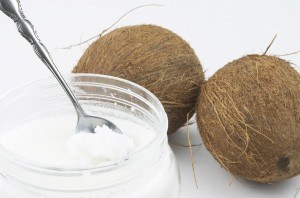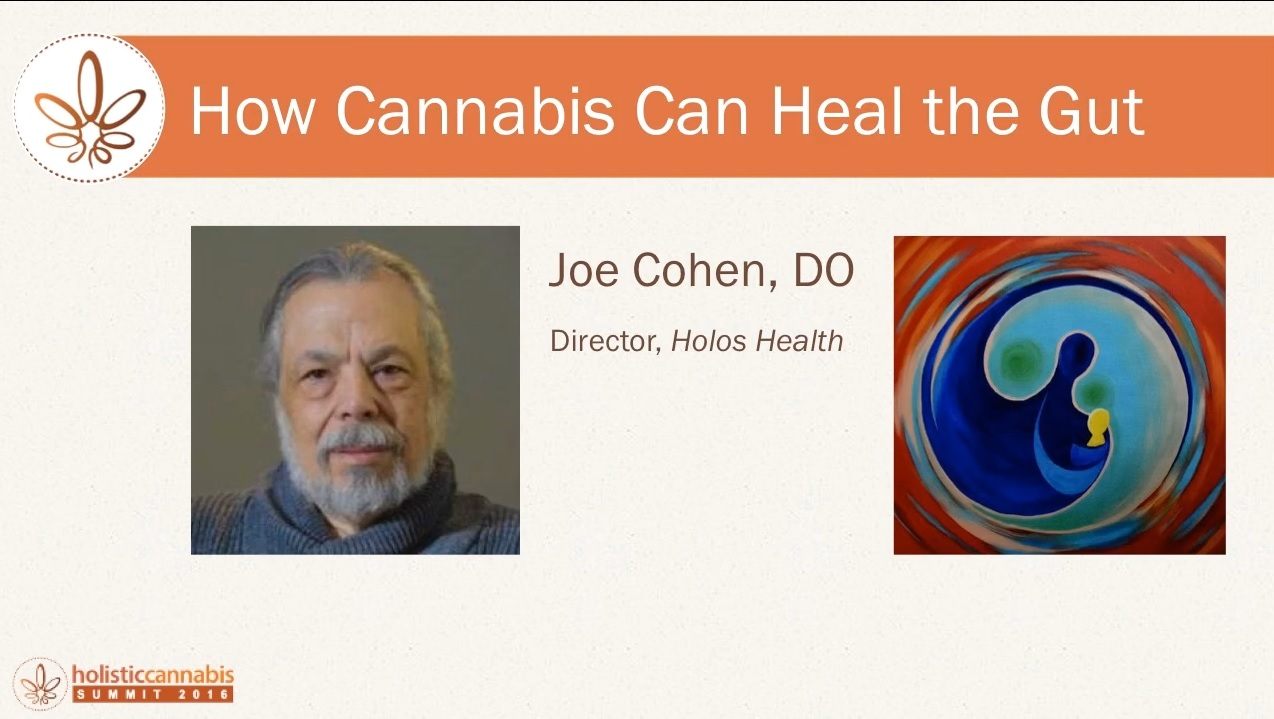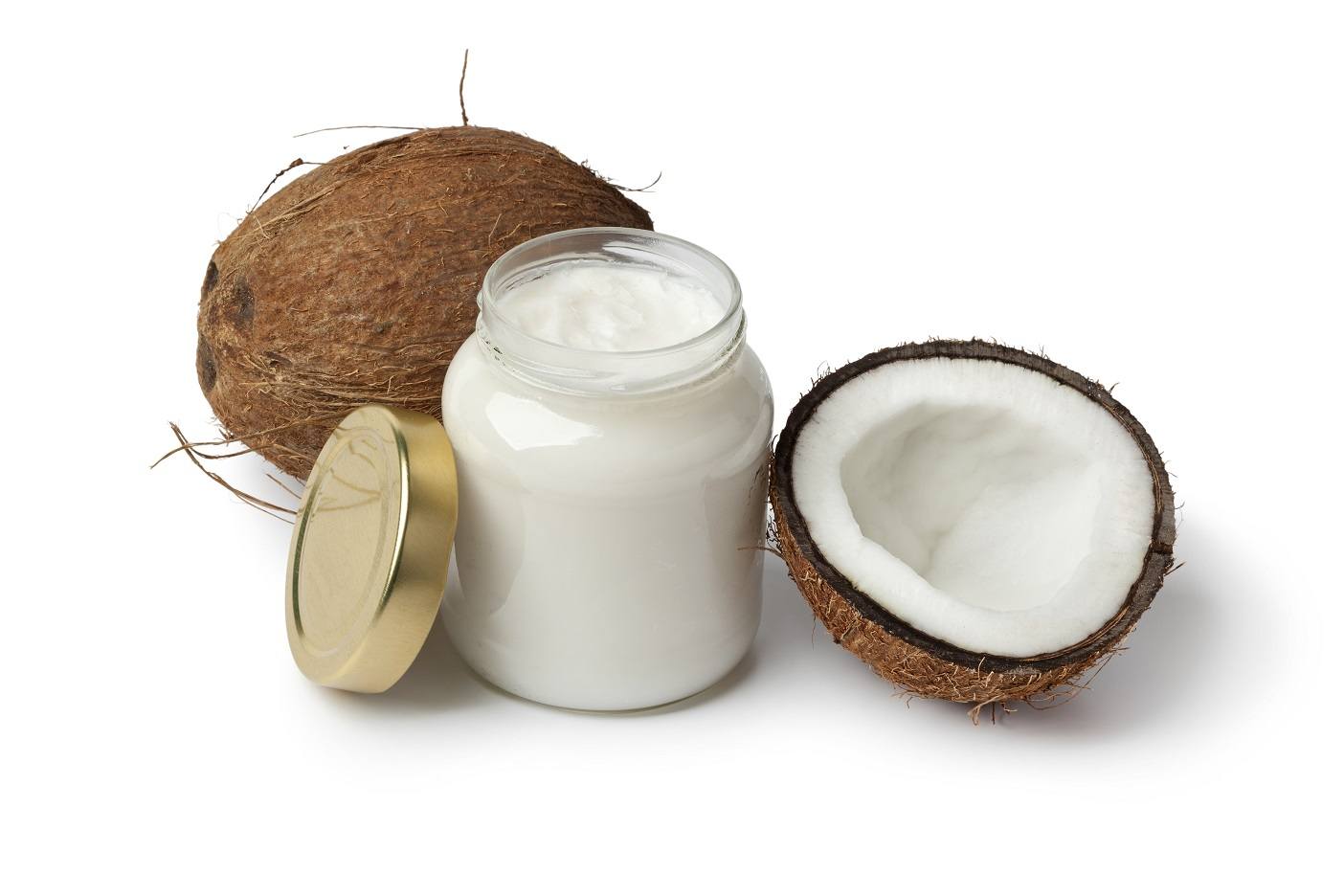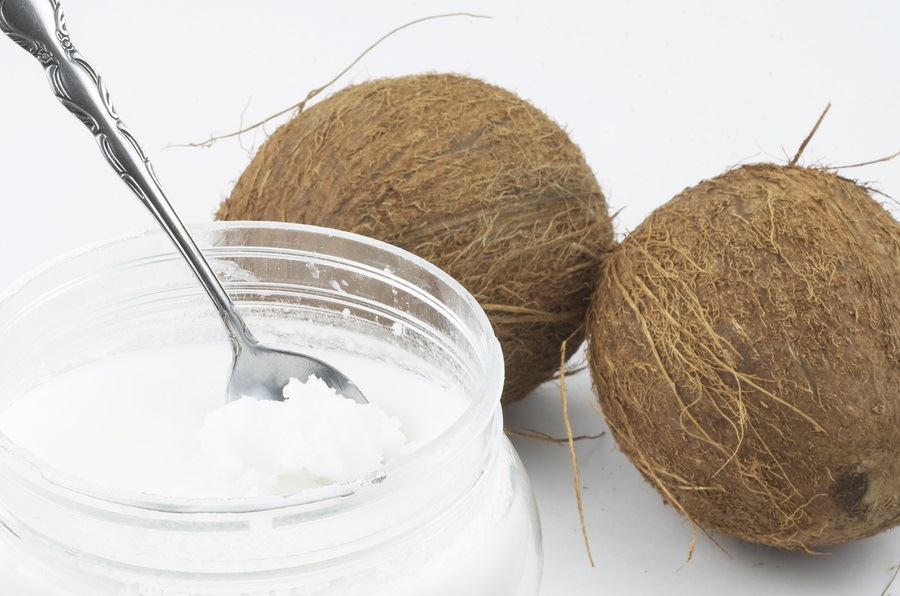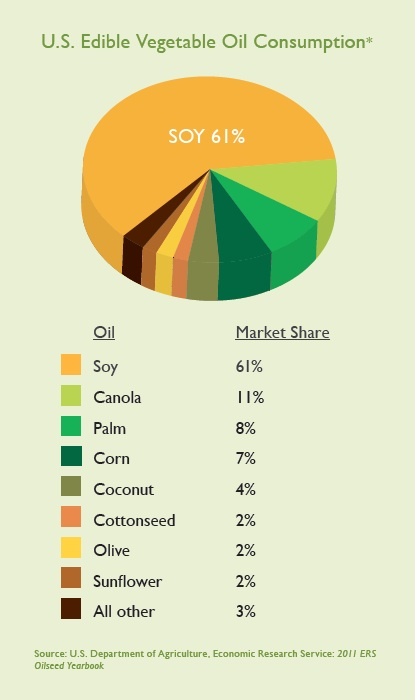Study: Coconut Oil Offers Protection Against Inflammation and Diabetes
Forty percent of women today are obese. Many believe obesity is a precursor to diabetes, which if not reversed will lead to further health complications, and even be life threatening. However, a recent study looking at the effects of coconut oil on glycemia and inflammation demonstrated that obesity alone may not be the culprit. What the researchers discovered indicates that inflammation has a greater impact on insulin resistance and high blood sugar than excess fat. This could be argued, since adipose fats do release toxins over time that do create inflammation. But there are diabetes 2 patients who are not obese. Obesity in women has also been considered a factor in infertility, which this study also attempted to determine. Inadvertently, the study’s findings disclosed even more about the health protective qualities of coconut oil.




